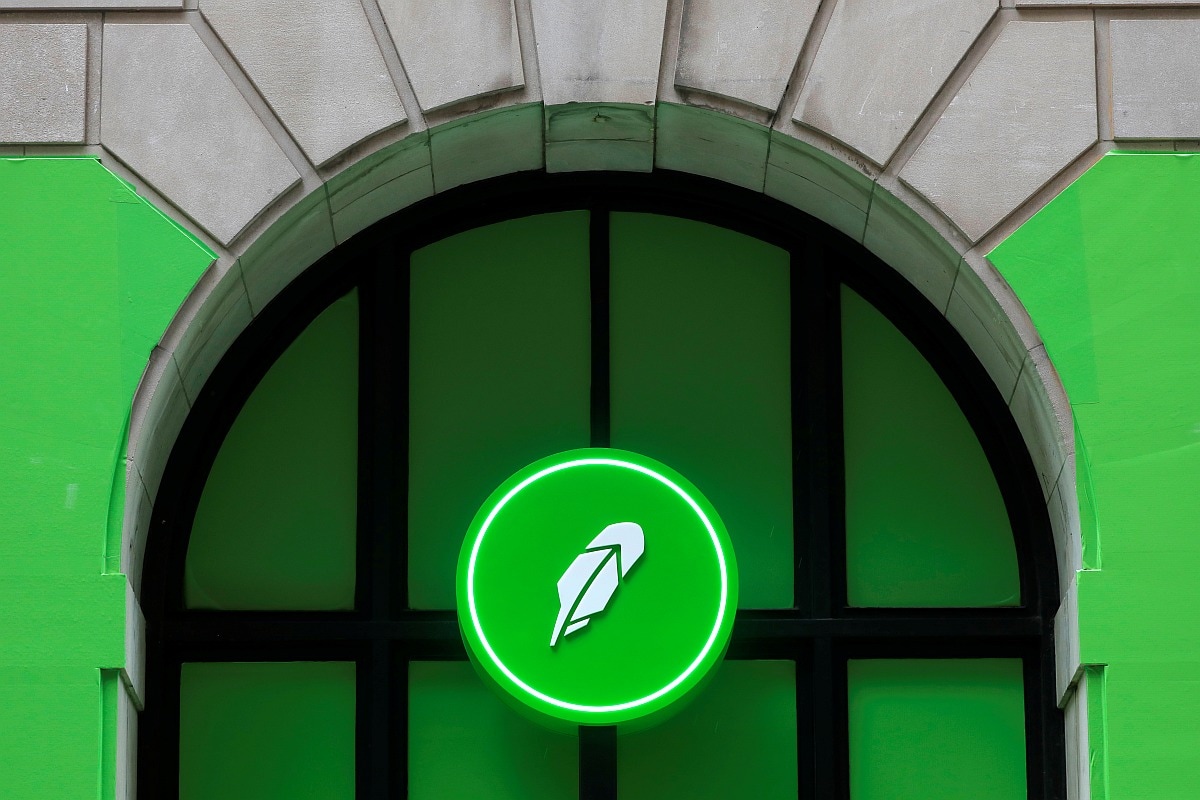Robinhood launched its long-awaited desktop platform and added futures and index choices buying and selling options to its cellular app on Wednesday, because the fintech agency goals to take market share from conventional brokerages.
The 11-year-old commission-free buying and selling app, which turned synonymous with mom-and-pop buyers in 2021, is now in search of to mature right into a full-fledged monetary companies supplier and compete with established brokerages that serve institutional buyers.
The Menlo Park, California-based firm mentioned its desktop buying and selling platform, dubbed ‘Robinhood Legend,’ will give attention to lively merchants.
“We have matured alongside our clients and have heard loud and clear that they need entry to extra superior merchandise and extra lively buying and selling instruments,” Chief Brokerage Officer Steve Quirk instructed Reuters.
“Our long-term aim is for Robinhood to be the first monetary companies firm that meets all of consumers’ wants.”
The platform, out there at no extra price, will supply superior buying and selling instruments, real-time knowledge, in addition to customized and preset layouts.
In the meantime, the app will enable customers to commerce futures on the benchmark S&P 500 index, oil and bitcoin, amongst others. Clients may also commerce index choices
Battle for Market Share
Lengthy dominated by high-profile names like Vanguard, Charles Schwab, and Constancy Investments, the US brokerage business noticed its first disruption in many years when Robinhood pioneered commission-free buying and selling in 2013.
A decade on, Robinhood is increasing to cater to extra seasoned buyers. Buying and selling in futures and choices has sometimes been the area of enormous banks, hedge funds and asset managers, resulting from greater margin necessities, elevated volatility, complexity and commissions.
Subscribers to Robinhood’s premium Gold tier will have the ability to commerce futures for as little as 50 cents per contract, whereas non-Gold customers might want to pay a fee of 75 cents.
This compares with Schwab’s costs of $2.25 (roughly Rs. 190) per contract, whereas Morgan Stanley’s E*TRADE takes $1.50 (roughly Rs. 126) for futures and $2.50 (roughly Rs. 210) for crypto futures.
Robinhood’s charges for index choices, set at 35 cents per contract for Gold members and 50 cents for others, can also be decrease than business friends.
The corporate had 11.8 million month-to-month lively customers and 1.98 million premium ‘Gold’ clients, as of June 30.
Analysts have beforehand mentioned Robinhood’s entry into futures buying and selling this yr could possibly be met with some warning by retail merchants if it costs a price, however it might additionally create new alternatives for increasing its market share.
Earlier this yr, the corporate had dedicated to increasing margins whereas specializing in driving “worthwhile progress” in 2024. Three consecutive quarters of reported income have additionally bolstered investor enthusiasm, contributing to a year-to-date inventory acquire of over one hundred pc.
© Thomson Reuters 2024
(This story has not been edited by NDTV employees and is auto-generated from a syndicated feed.)

